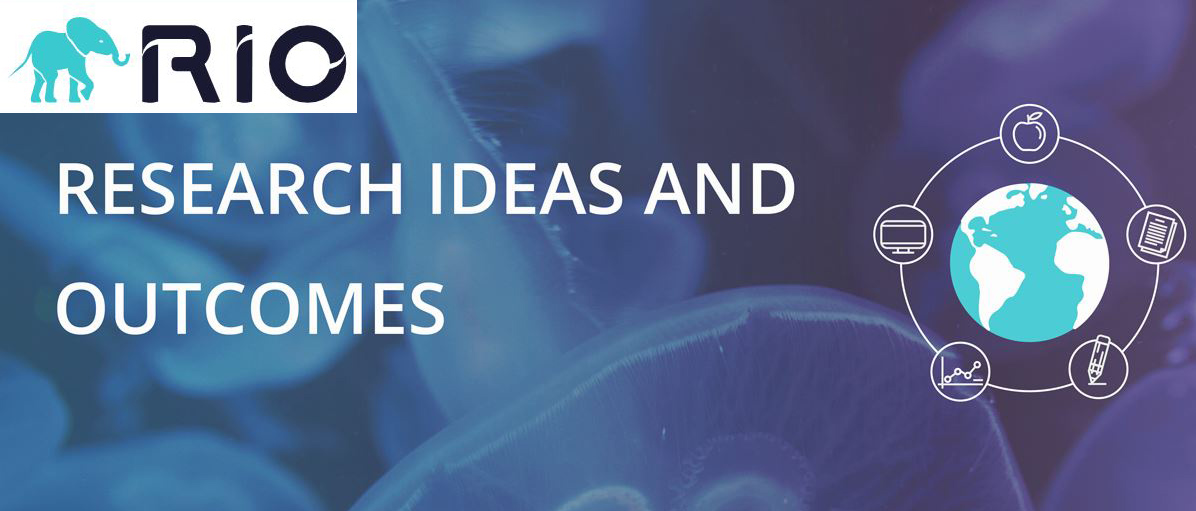Looking at today’s ravaging COVID-19 (Coronavirus) pandemic, which, at the time of writing, has spread to over 220 countries; its continuously rising death toll and widespread fear, on the outside, it may feel like scientists and decision-makers are scratching their heads more than ever in the face of the unknown. In reality, however, we get to witness an unprecedented global community gradually waking up to the realisation of the only possible solution: collaboration.
On one hand, we have nationwide collective actions, including cancelled travel plans and mass gatherings; social distancing; and lockdowns, that have already proved successful at changing what the World Health Organisation (WHO) has determined as “the course of a rapidly escalating and deadly epidemic” in Hong Kong, Singapore and China. On the other hand, we have the world’s best scientists and laboratories all steering their expertise and resources towards the better understanding of the virus and, ultimately, developing a vaccine for mass production as quickly as possible.
While there is little doubt that the best specialists in the world will eventually invent an efficient vaccine – just like they did following the Western African Ebola virus epidemic (2013–2016) and on several other similar occasions in the years before – the question at hand is rather when this is going to happen and how many human lives it is going to cost?
Again, it all comes down to collective efforts. It only makes sense that if research teams and labs around the globe join their efforts and expertise, thereby avoiding duplicate work, their endeavours will bear fruit sooner rather than later. Similarly to employees from across the world, who have been demonstrating their ability to perform their day-to-day tasks and responsibilities from the safety of their homes just as efficiently as they would have done from their conventional offices, in today’s high-tech, online-friendly reality, no more should scientists be restricted by physical and geographical barriers either.
“Observations, prevention and impact of COVID-19”: Special Collection in RIO Journal
To inspire and facilitate collaboration across the world, the SPARC-recognised Open Science innovator Research Ideas and Outcomes (RIO Journal) decided to bring together scientific findings in an easy to discover, read, cite and build on collection of publications.
Furthermore, due to its revolutionary approach to publishing, where early and brief research outcomes (i.e. ideas, raw data, software descriptions, posters, presentations, case studies and many others) are all considered as precious scientific gems, hence deserving a formal publication in a renowned academic journal, RIO places a special focus on these contributions.
Accepted manuscripts that shall deal with research relevant to the COVID-19 pandemic across disciplines, including medicine, ethics, politics, economics etc. at a local, regional, national or international scale; and also meant to encourage crucial discussions, will be published free of charge in recognition of the emergency of the current situation. Especially encouraged are submissions focused on the long-term effects of COVID-19.
Why publish in RIO Journal?
Launched in 2015, RIO Journal has since proved its place at the forefront of Open Science, which resulted in the SPARC’s Innovator Award in 2016. Supported by a renowned advisory board and subject editors, today the journal stands as a leading Open Science proponent.
Furthermore, thanks to the technologically advanced infrastructure and services it provides, in addition to a long list of indexers and databases where publications are registered, the manuscripts submitted to RIO Journal are not only rapidly processed and published, but once they get online, they immediately become easy to discover, cite and built on by any researcher, anywhere in the world.
On top of that, Pensoft’s targeted and manually provided science communication services make sure that published research of social value reaches the wider audience, including key decision-makers and journalists, by means of press releases and social media promotion.
***
More info about RIO’s globally unique features, visit the journal’s website. Follow RIO Journal on Twitter and Facebook.

